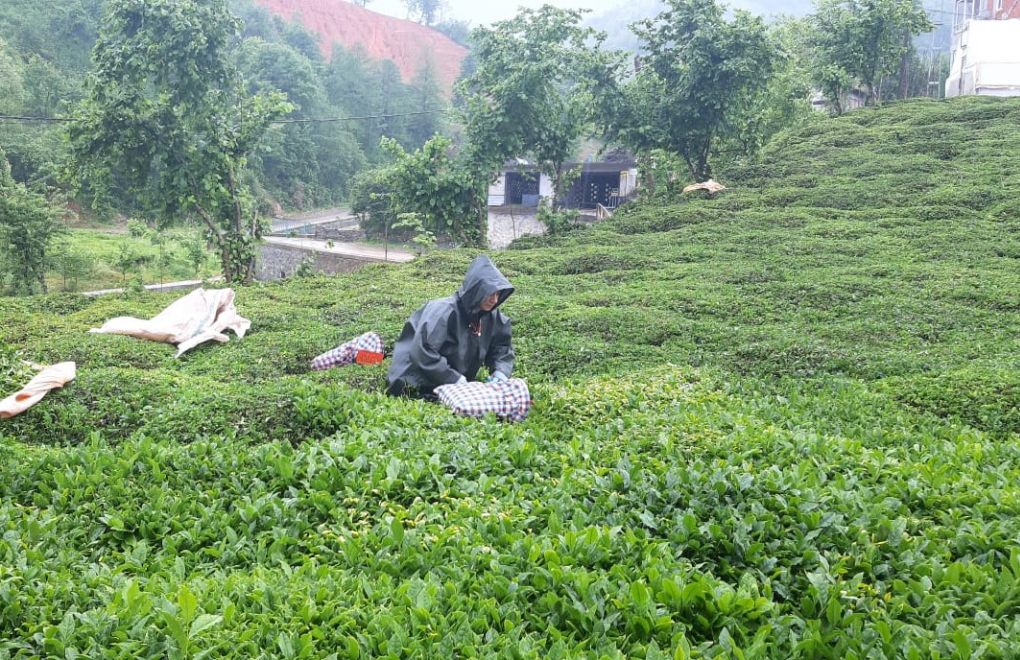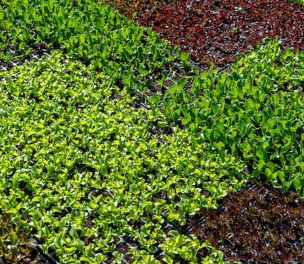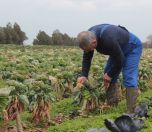Click to read the article in Turkish
"In the beginning, Georgians did not know how to harvest tea, either. They came and went over the years and learnt how to do it. Our workers who collect my tea leaves every year cannot come this year because the border gate is closed. There are those coming from Senegal and Turkmenistan now... But the Georgian border is closed, the Georgians cannot come. We cannot understand this. Tea producers have so many problems that we can talk about them for hours and hours..."
Mehmet Gürkan is a tea producer who lives in Fındıklı in Turkey's Black Sea province of Rize. It is how he summarizes the impacts of the novel coronavirus (COVID-19) outbreak on the tea fields.
Gürkan is also the Chair of Fındıklı Organic Fruit Producers' Union. Since 2007, he has been struggling for the planting of organic tea and against the use of toxic substances in agriculture. He goes from village to village, explaining the harms of pesticides on the soil and nature.
China is the top producer of tea in the world with 2.2 million tons a year, it is followed by India with 1.2 million tons, by Kenya with 475 thousand tons and by Sri Lanka with 329 thousand tons. Turkey ranks fifth in tea production across the world with 260 thousand tons a year.
In Turkey, tea is produced in Rize, Trabzon, Giresun and Artvin provinces in the eastern Black Sea region. Rize has long been associated with tea as 65 percent of tea production is done there.
A rolled over truck and question of 'smuggled tea'
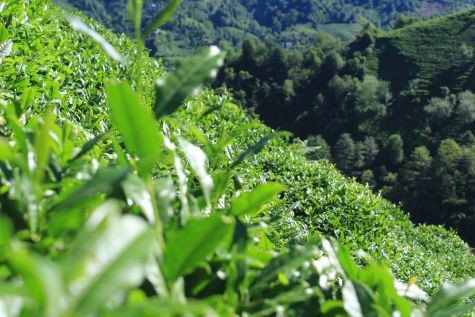
According to the data of Turkey's state-owned tea producing company ÇAYKUR, 1 million tea producing families produce tea on 830 thousand-decare fields in Rize, Trabzon, Artvin and Giresun. They produce 1 million to 1 million 200 thousand tons of tea a year on average. The harvested tea is processed in 151 private and 46 public factories owned by ÇAYKUR. An average of 220-250 thousand tons of processed tea is produced a year.
A truck that rolled over in Rize the other day has once again brought the issue of "smuggled tea" into question. With the tea leaves smuggled from Iran spilled on the road in the province, the problems of tea producers have once again come to the spotlight.
It is only recently that Rize, which is widely known as the "capital city of tea," comes to know what "smuggled tea" is all about. However, tea producers have long been struggling against this issue. According to the data shared by the Tea Specialized Customs, a total of 17 thousand 260 tons of processed tea was imported last year. The province with the highest import is Rize.
'They blend it and put on the market again'
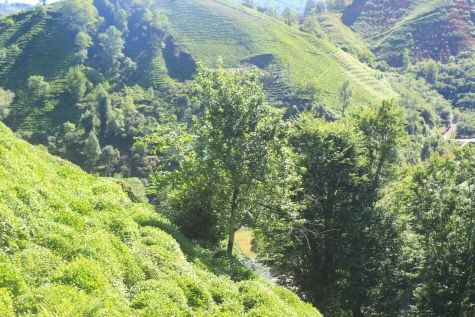
Tea producer Gürkan says that almost the entire tea brought into Turkey through illegal means or import is blended with Rize tea in special factories and introduced to the market again. Gürkan expresses his objections:
"They first started with imported-smuggled tea, then continued by introducing a quota. Tea producers can obtain no income from tea now. While our fresh tea loses its value, there are now citizens whose economic conditions do not allow them to buy processed tea.
"We have been struggling against imported tea for years, we have been explaining this, but the state seems to completely hand over the responsibility in this issue to the private sector.
"There is the ÇAYKUR, but it is just a building for the producers. ÇAYKUR has no function. They want to end tea production. They cannot do this openly despite the people, so, the imported tea is a step for this.
'Georgians couldn't come, Afghans in the fields'
There are no longer workers from Georgia in Rize and its vicinity. According to the news reported by the local press, at least 40 thousand Georgian workers could not come to the Eastern Black Sea due to the pandemic. Instead of them, there are now workers from Afghanistan, Senegal and Turkmenistan working in the tea fields.
In previous years, Georgian workers would earn 30-40 lira less than the workers from Turkey. However, this year, they all earn the same wage. Workers harvesting tea in the fields earn 200-250 liras per day.
Gürkan says that tea fields have been damaged due to the people who do not know tea planting. It will affect the crop negatively, says Gürkan:
"In the beginning, the workers coming from Georgia did not know how to harvest tea, either. We taught them how to do it. We could get along well as we were also socially close. We managed to communicate with them somehow. Then, they have closed the border. That being the case, workers from Afghanistan and Senegal came to the region.
"They do not know how to harvest tea. We teach them as well, but tea leaves are harmed in the meanwhile. Tea fields have suffered. We have not heard about an incident of racism or discrimination so far. As everyone is working together in the field, I do not think that such things will happen."
State imposes quotas on organic tea as well
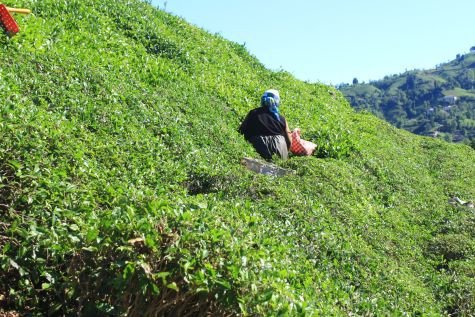
Gürkan is one of the pioneers of organic tea planting in the region. "While we are inviting people to produce organic tea, we are now faced with a problem," he says and adds: "The state has cut off its support for organic tea. There is now a quota for organic tea as well."
Tea producers have been completely abandoned to the mercy of private sector, says Gürkan and summarizes their problems as follows:
"Say, we managed to harvest the tea, then, we cannot sell it. There is a quota on tea. The tea in the fields is now overripe. We either sell it to the private sector very cheap or give it in exchange for processed tea.
"Children went to school with the money brought by tea, families made a living like that, but, today, tea has been completely turned into a burden on the shoulders of producers." (EMK/SD)
* Photos: Semra Mamuk - Çağlayan Valley





